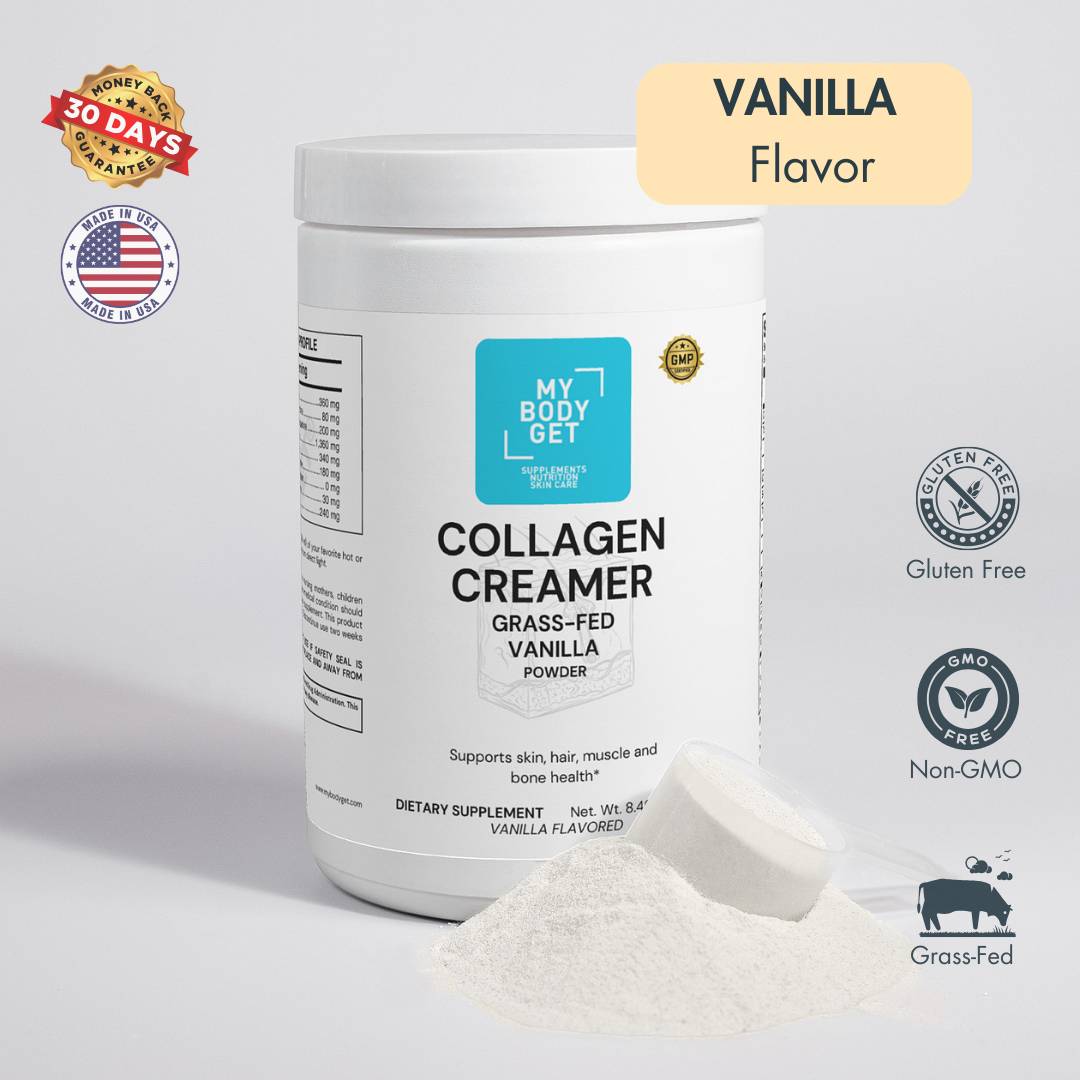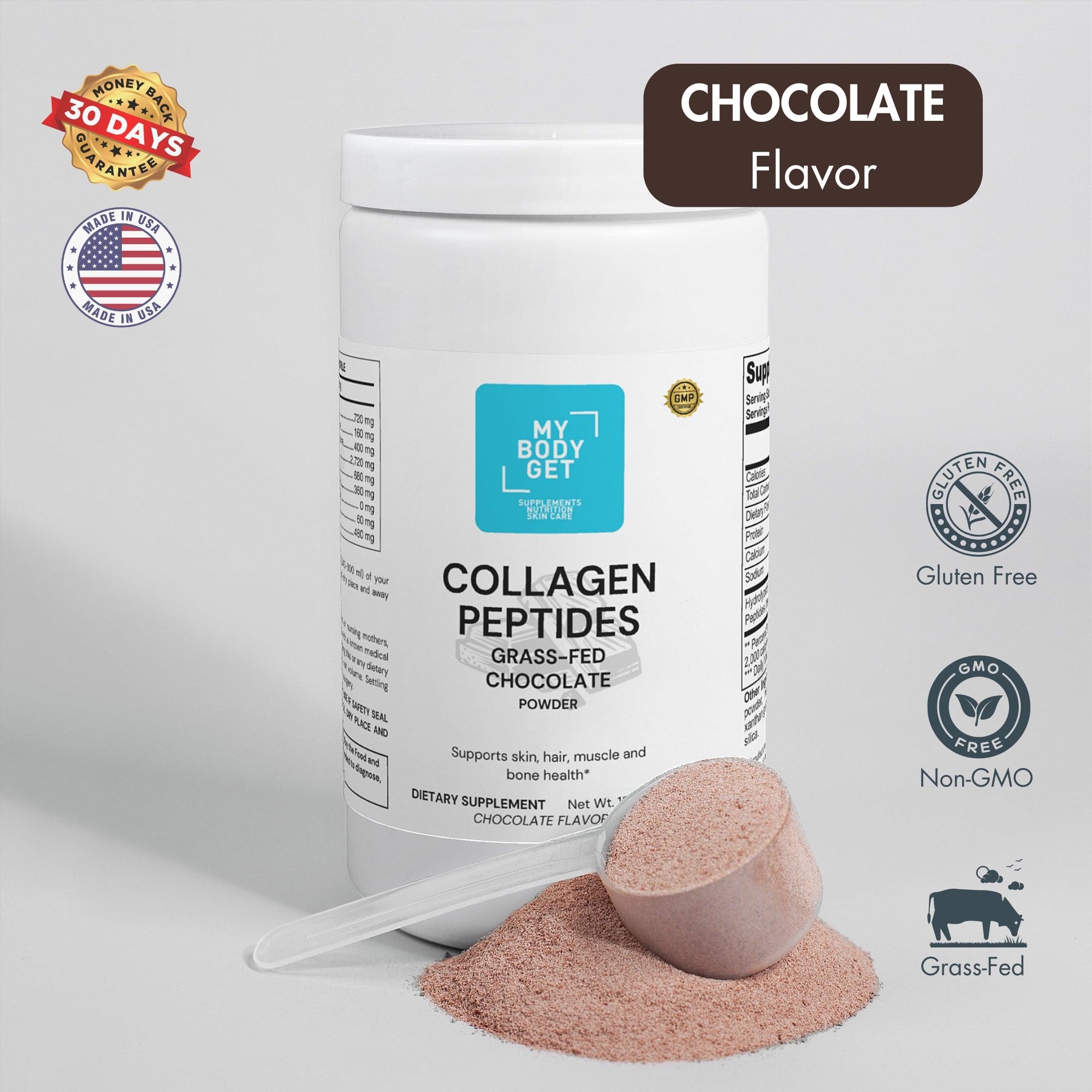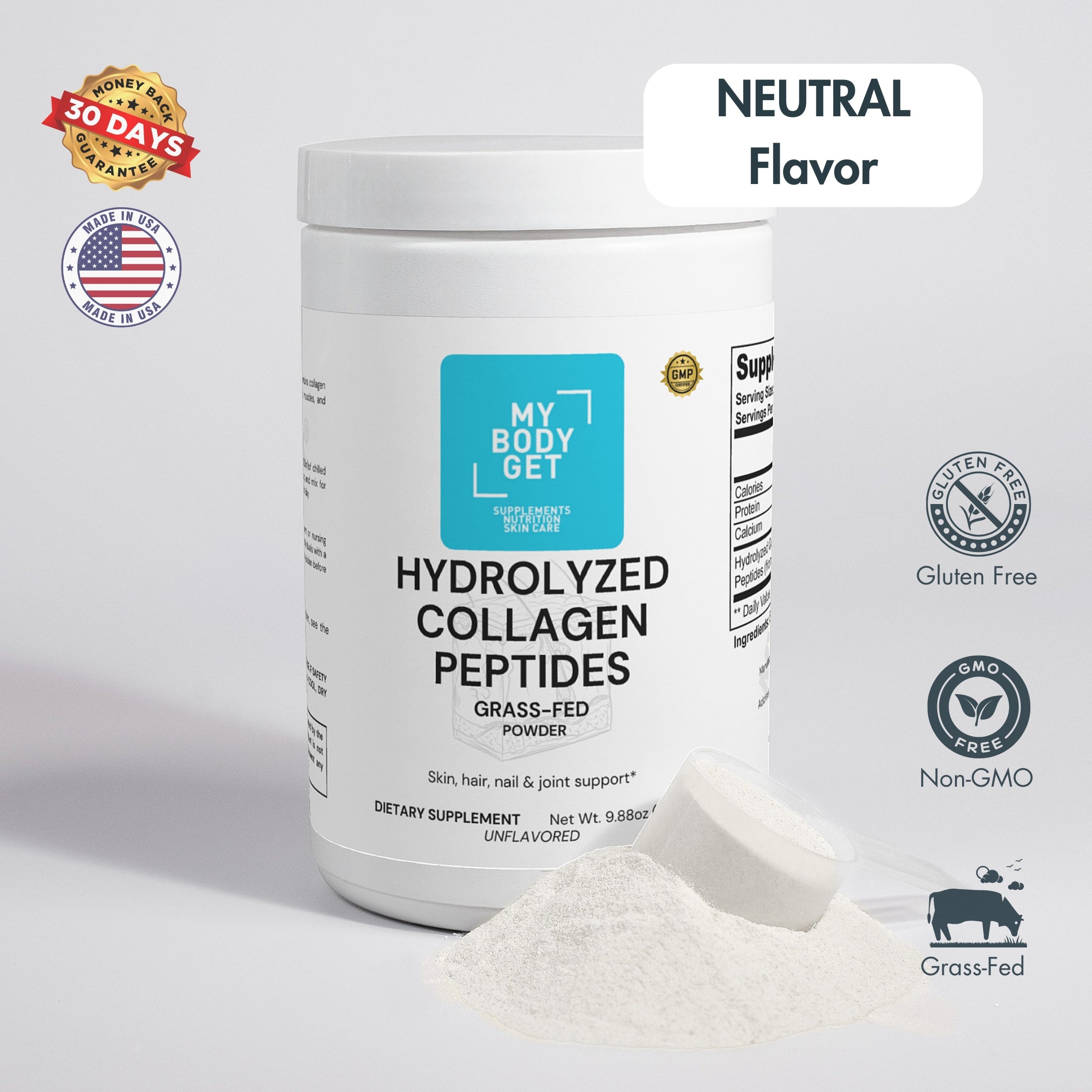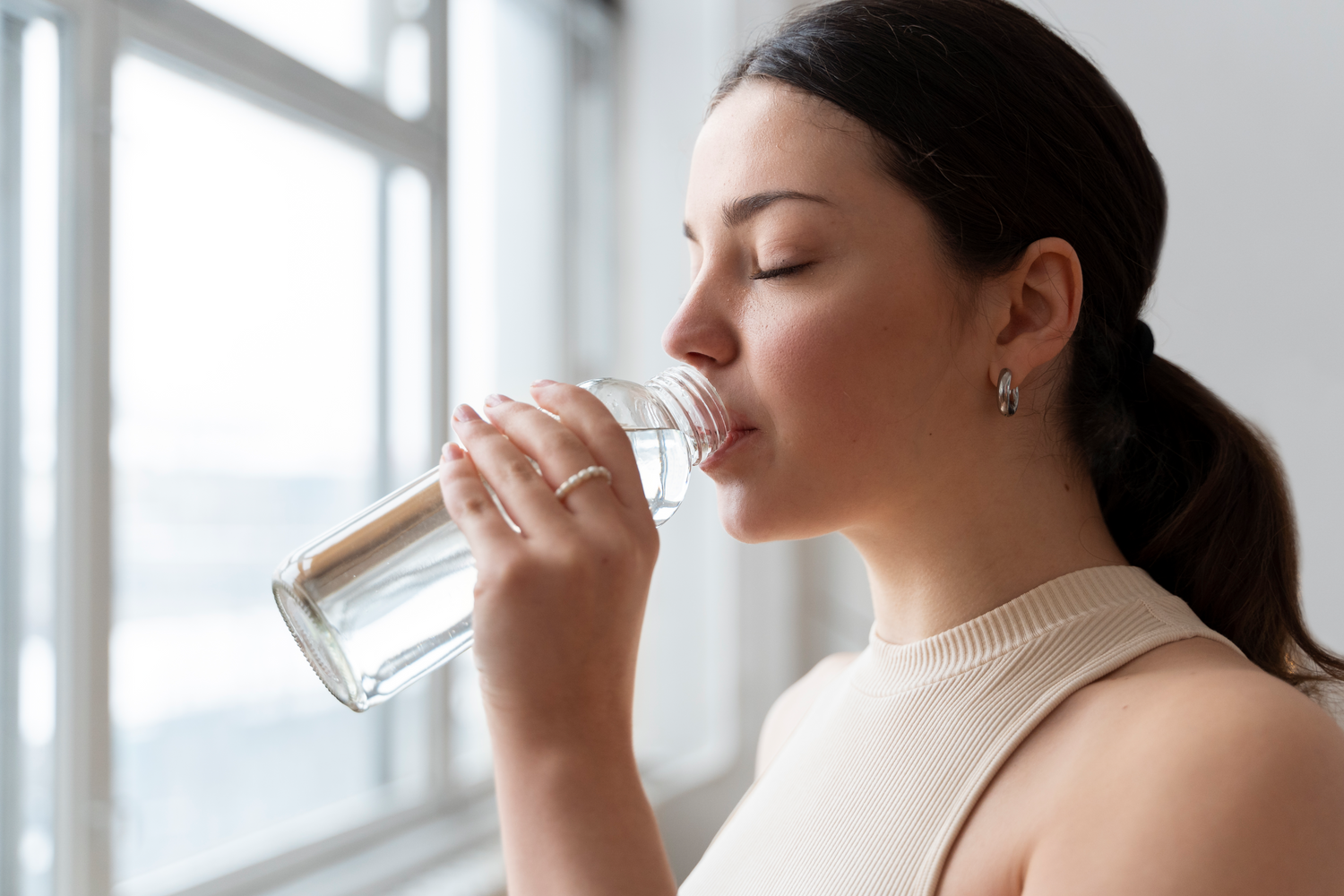We all know that staying hydrated is essential for overall health, but when it comes to skin health, simply drinking water might not be enough. While water is crucial for maintaining moisture balance in the body, optimal skin hydration requires more than just H2O. Achieving radiant, healthy skin involves a combination of internal hydration, nourishing foods, and skincare products designed to lock in moisture. In this article, we explore why water alone isn't sufficient and what else you can do to keep your skin hydrated and glowing.
The Importance of Hydration for Skin
How Hydration Affects the Skin:
Our skin is made up of cells that rely on water to function properly. Hydration helps maintain the skin's elasticity, plumpness, and smooth texture. Without enough water, the skin can become dry, flaky, and more prone to wrinkles. Adequate hydration also supports the skin’s natural barrier, which protects it from external aggressors like pollution, UV rays, and bacteria.
Water’s Role in Skin Health:
Drinking enough water helps to keep skin cells hydrated from the inside out, allowing them to maintain their structural integrity and function properly. It aids in flushing out toxins and ensures that nutrients are delivered to the skin. However, while water is essential for hydration, it’s not the only factor in achieving healthy skin.
Why Water Alone Isn’t Enough for Skin Hydration
The Skin’s Barrier Function:
Our skin has a protective barrier known as the lipid barrier, made up of natural oils, ceramides, and fatty acids. This barrier helps retain moisture and keeps irritants out. When this barrier is compromised, even if you drink plenty of water, your skin can lose hydration through a process called transepidermal water loss (TEWL). In other words, without the right skincare, water can escape from the skin, leading to dehydration and dryness.
The Role of Topical Hydration:
To truly hydrate the skin, you need to apply products that help lock in moisture and strengthen the skin’s barrier. Moisturizers, serums, and creams with ingredients like hyaluronic acid, glycerin, and ceramides can attract water to the skin and prevent it from evaporating. These products complement the internal hydration provided by water and ensure that your skin retains moisture throughout the day.
Nutritional Support for Skin Hydration:
Hydrating from the inside doesn’t just come from water—it also comes from the foods you eat. Nutrient-rich foods containing vitamins and essential fatty acids support the skin’s ability to retain moisture and stay healthy. Foods like avocados, fatty fish, nuts, and seeds provide the necessary oils and nutrients to fortify the skin’s barrier and keep it hydrated.
Key Nutrients for Hydrated Skin
Hyaluronic Acid:
This naturally occurring substance can hold up to 1,000 times its weight in water, making it one of the best hydrators for skin. While your body produces hyaluronic acid, its levels decrease with age. Including hyaluronic acid in your skincare routine helps attract and retain moisture in the skin.
Omega-3 Fatty Acids:
Omega-3s are found in foods like fish, flaxseeds, and walnuts. These essential fatty acids support the skin’s lipid barrier and prevent water loss, helping keep skin hydrated and supple.
Vitamin E:
Vitamin E is a powerful antioxidant that helps protect the skin from oxidative stress while strengthening the skin’s barrier. It’s found in foods like almonds, sunflower seeds, and spinach, as well as in many skincare products.
Antioxidants:
Antioxidants such as vitamin C, vitamin E, and polyphenols fight free radicals that can damage the skin. These nutrients, found in fruits and vegetables like berries, citrus, and green tea, help maintain healthy skin and support hydration.
Skincare Tips for Hydrated, Glowing Skin
1. Use a Humidifier:
If you live in a dry climate or use air conditioning and heating, consider using a humidifier to add moisture to the air. This can help prevent your skin from drying out.
2. Opt for Gentle Cleansers:
Harsh cleansers can strip the skin of its natural oils, leading to dehydration. Choose a gentle, hydrating cleanser that doesn’t disrupt your skin’s barrier.
3. Layer Your Skincare Products:
Start with lightweight hydrating serums like those containing hyaluronic acid, followed by a rich moisturizer to lock in the hydration. You can also add a facial oil for an extra layer of moisture.
4. Don’t Forget Sunscreen:
UV rays can dehydrate the skin and damage its barrier. Using a broad-spectrum sunscreen protects your skin and helps it retain moisture.
5. Drink Water and Eat Hydrating Foods:
While water isn’t the only factor, it’s still important to stay hydrated by drinking water throughout the day. In addition, include water-rich foods like cucumbers, watermelon, and leafy greens in your diet.
Conclusion: A Holistic Approach to Skin Hydration
Maintaining healthy, hydrated skin requires more than just drinking water—it’s about adopting a comprehensive approach that includes the right nutrition, skincare products, and lifestyle habits. By taking care of your skin from both the inside and the outside, you can enjoy a hydrated, glowing complexion that’s resilient against environmental stressors and aging.
"Hydration is the foundation of any great skincare routine. It's not just about water, but nourishing your skin with the right ingredients to keep it balanced and healthy."
— Dr. Howard Murad, Dermatologist and Skincare Expert







Leave a comment
This site is protected by hCaptcha and the hCaptcha Privacy Policy and Terms of Service apply.